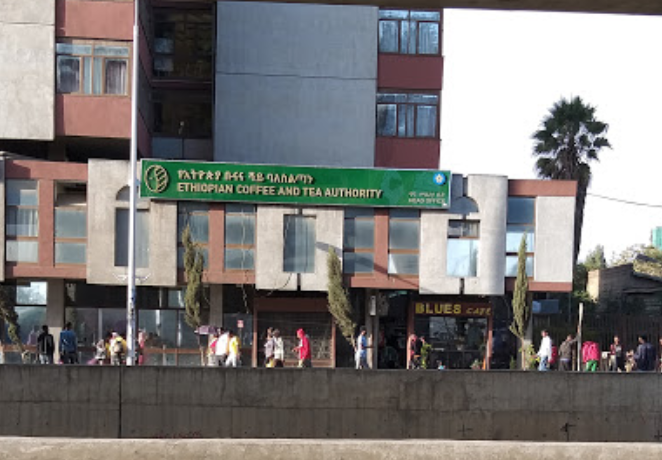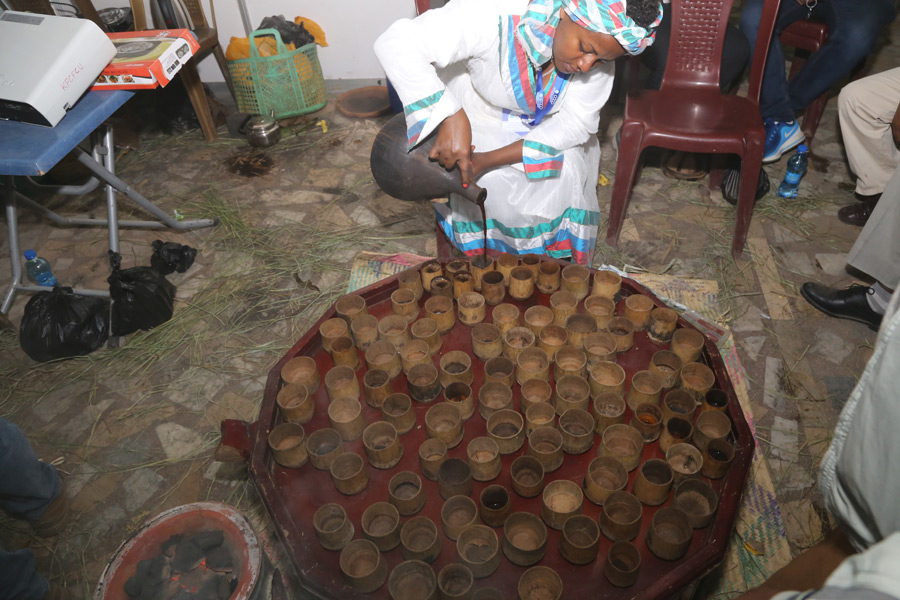
Fortune News | Mar 07,2020
In an economy that has slowed, where consumers are hammered by inflation, and the private sector is teetering on edge, one industry has a broad smile: coffee export. The coffee market is bucking the general trend of decline in the broader economy. Processing plants are buzzing with activities as the women [pictured] pick impurities from coffee beans. The industry has seen a tripling of players, heating the competition.
But nothing showcases the success of the coffee industry quite like export revenues. Over 1.2 billion dollars has dripped into Ethiopia in the first 11 months of the year, according to the Coffee & Tea Authority. At over 100 million dollars every month, this is already a fifth higher than what exporters brought in last year. Ironically enough, exporters have to thank their lucky stars for the bad luck of Brazilian farmers, whose harvests have been hit by a series of frosts. The fall in production from the world’s biggest coffee exporter has left a global supply deficit, raising international prices and creating a windfall for the Ethiopian coffee industry. The authorities are quick to point to the success of their reforms, especially the introduction of price floors and vertical integration, for the windfall. There are some arguments to be made for this. Exports grew in volume, too. The size of land under cultivation for the cash crop has expanded, and output was up by a fifth last year. The prospect looks bright for the industry. The federal government expects revenues to rise to 1.5 billion dollars as prices in the international market for the commodity are forecasted to reach new heights. Experts remain unimpressed, though. They believe the potential is barely exploited and that value-added roasted coffee, which accounts for a fraction of exports, could transform the industry. Feuds between heads of federal agencies active in coffee exports are not helping either.
PUBLISHED ON
[ VOL
, NO
]

Fortune News | Mar 07,2020

Radar | Feb 09,2019

Radar | Nov 23,2019

Radar | Jan 07,2022

Radar | May 21,2022

Dec 22 , 2024 . By TIZITA SHEWAFERAW
Charged with transforming colossal state-owned enterprises into modern and competitiv...

Aug 18 , 2024 . By AKSAH ITALO
Although predictable Yonas Zerihun's job in the ride-hailing service is not immune to...

Jul 28 , 2024 . By TIZITA SHEWAFERAW
Unhabitual, perhaps too many, Samuel Gebreyohannes, 38, used to occasionally enjoy a couple of beers at breakfast. However, he recently swit...

Jul 13 , 2024 . By AKSAH ITALO
Investors who rely on tractors, trucks, and field vehicles for commuting, transporting commodities, and f...

Oct 18 , 2025
The political establishment, notably the ruling party and its top brass, has become p...

Oct 11 , 2025
Ladislas Farago, a roving Associated Press (AP) correspondent, arrived in Ethiopia in...

Oct 4 , 2025
Eyob Tekalegn (PhD) had been in the Governor's chair for only weeks when, on Septembe...

Sep 27 , 2025
Four years into an experiment with “shock therapy” in education, the national moo...